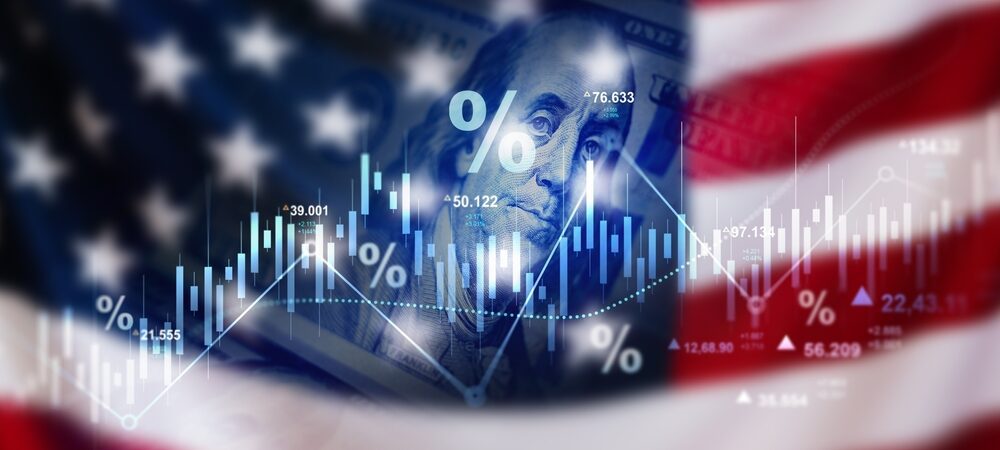Non-Technical Summary
Recent years have seen a resurgence of trade policy as a central issue in macroeconomics. Uncertainty about tariffs, trade agreements, and retaliatory measures, particularly following the United States’ adoption of protectionist policies under the Trump administration, has raised concerns about its potential to disrupt investment, production, and employment. While the long-term benefits of trade liberalisation are well established, the short- and medium-term effects of both liberalising and protectionist policies remain uncertain and difficult to measure. This paper proposes a new methodology to measure unexpected trade policy changes and estimates their effects on key macroeconomic variables in the United States between 2007 and 2019. Understanding how economies respond to trade policies is critical for policymakers seeking to assess external risks and support informed economic decisions.
In this paper, we construct a novel dataset of daily official trade policy statements issued by the US government and its main trading partners from 2007 to 2019. These statements cover a wide range of policy changes, from tariff increases to new trade agreements. To identify the economic impact of unexpected trade policy news, the paper examines how the stock prices of firms that are highly exposed to international trade react to these announcements, compared to those of more domestically focused firms. If the announcement is truly unanticipated, financial markets are expected to react immediately. By tracking the differential reaction of these stock prices, we are able to determine whether a policy change was perceived as protectionist or liberalising, and quantify its economic relevance. We then assess the macroeconomic effects of these shocks by estimating how variables such as industrial production, exports, and employment respond over time.
The analysis reveals several key findings. First, liberalising trade, by reducing tariffs or easing other trade barriers, leads to increased industrial ECB Working Paper Series No 3102 2 production, trade volumes, and business investment. Protectionist measures, including tariffs, have equally large effects in the opposite direction. The responses are symmetric, meaning that the economic losses from protectionism are equal in size (but opposite in sign) to the gains from liberalisation. Second, policy implementations have stronger effects than mere announcements. Firms and households appear to adopt a cautious “wait and see” approach in response to announced but not yet implemented policies, highlighting the role of uncertainty in shaping economic behaviour. Finally, comparing the effects of a trade policy initiated by the US to one caused by trade partners, it appears that the latter has more significant effects on the US economy. This suggests that potential retaliatory actions from US trade partners could have detrimental effects on the US economy, and especially firm investment.
Another important finding is that the effects of trade policy are non-linear. Large shocks, whether liberalising or protectionist, lead to disproportionately larger changes in economic activity. This non-linearity implies that abrupt or broader-based changes in trade policy can trigger more severe economic disruptions than smaller adjustments. We also explore the role of communication channels and find that informal or less credible announcements, such as President Trump’s tweets, are associated with more subdued, and at times, contradictory macroeconomic reactions. This highlights the importance of credible and transparent communication in shaping economic expectations.
Our findings can be valuable for policymakers seeking to make informed decisions about the short and medium-term impact of trade policies on the macroeconomy. For instance, as the new Trump administration introduces new tariffs against almost all trading partners with the aim of boosting US manufacturing and addressing trade imbalances, it is imperative to understand the overall impact on the US economy, as protectionist measures appear to negatively affect industrial production, trade, firm investment, and lead to increased unemployment. Furthermore, the costs of protectionism can be substantial, especially when foreign retaliation is likely.
The macroeconomic impact of trade policy: a new identification approachTo read the full working paper as it was published by the European Central Bank, click here.


